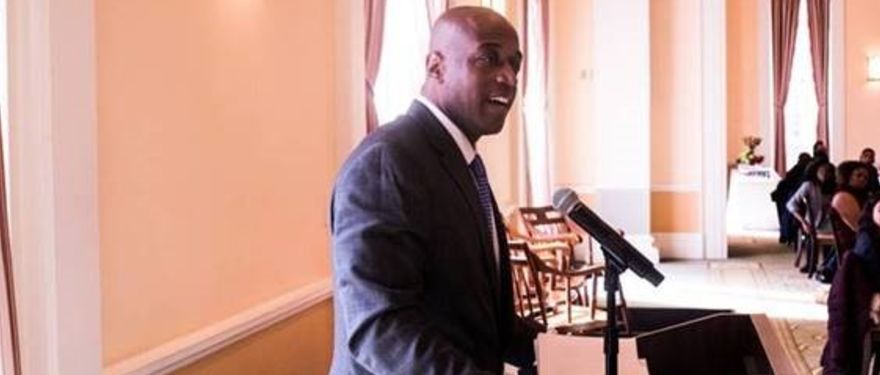Business school is a valuable investment in your future. HBS supports that investment through generous need-based scholarships. In addition to scholarships, many HBS students utilize student loans to help meet their portion of the shared investment.
If you anticipate borrowing to help finance your MBA, you are likely thinking about what repayment might look like post-graduation. HBS graduates pursue careers in a variety of industries and positions around the world. With a median starting salary of $148,750, and median signing bonus of $30,000, HBS graduates are well-positioned to pay off their student loans. Still, taking-on student debt to finance an MBA is a significant commitment, and we recognize that personal circumstances influence how each student approaches that commitment. To better understand how HBS graduates manage and repay their student debt, we interviewed several alumni about their loan repayment journeys.
Les Williams
Class: MBA 2005
Industry: Impact Investing

Recipient of the 2020 Best King Award for Service
Could you please share a little bit about your upbringing and background?
I grew up pretty comfortably. We were a middle class household; my Dad worked at IBM and my mom was a schoolteacher. I went to UVA for undergrad with a full scholarship and I studied Mechanical Engineering.
How would you describe your financial situation coming into HBS?
I was a mechanical engineer before HBS, making ~$55k per year. I had saved up some money in that timeframe in a 401k, but I didn’t have enough to just go to HBS and be able to contribute half of the cost.
What was your approach to paying for HBS?
I financed HBS through scholarships and fellowships, and both public and private student loans. I could have put more money down upfront from my salary, but I viewed HBS as an investment and I preferred to take the loans and pay them off over time. My employer had been sponsoring select MBA students via partial salary and full scholarships as part of a leadership development program but halted the program that year given the weak economy. Even if they had continued the program, I probably would have declined the sponsorship offer. I viewed HBS as an investment in my future and career, I did not want to be bound to my previous employer and chose to not accept the sponsorship.
What has your experience with debt repayment been like? What is/was your strategy?
Over the last 15 years I have worked in technology, real estate development, and entrepreneurship. During that time my compensation has varied, and I have adjusted my loan repayment accordingly.
I just finished paying off my private loans and have a balance of $15k on the public loans, so my payments are now about $224 per month. The interest rate is so low, around 2.25%. Some people pay the loans quickly, but I know many who pay them off more slowly given the low interest rate.
Throughout the years, I made the choice not use my bonuses towards my loans but instead invested it and used it to pay for other things.
Is there any advice you would like to share with prospective or current HBS students regarding loans or debt repayment?
Find a job that fits around you, and then work out the loan situation. Resist the temptation to find a high-paying job in order to lump-sum pay your loans and live a lifestyle you can’t support in a job you don’t actually want. Understand why you are doing it. Make sure loan repayment is not the leading factor.


